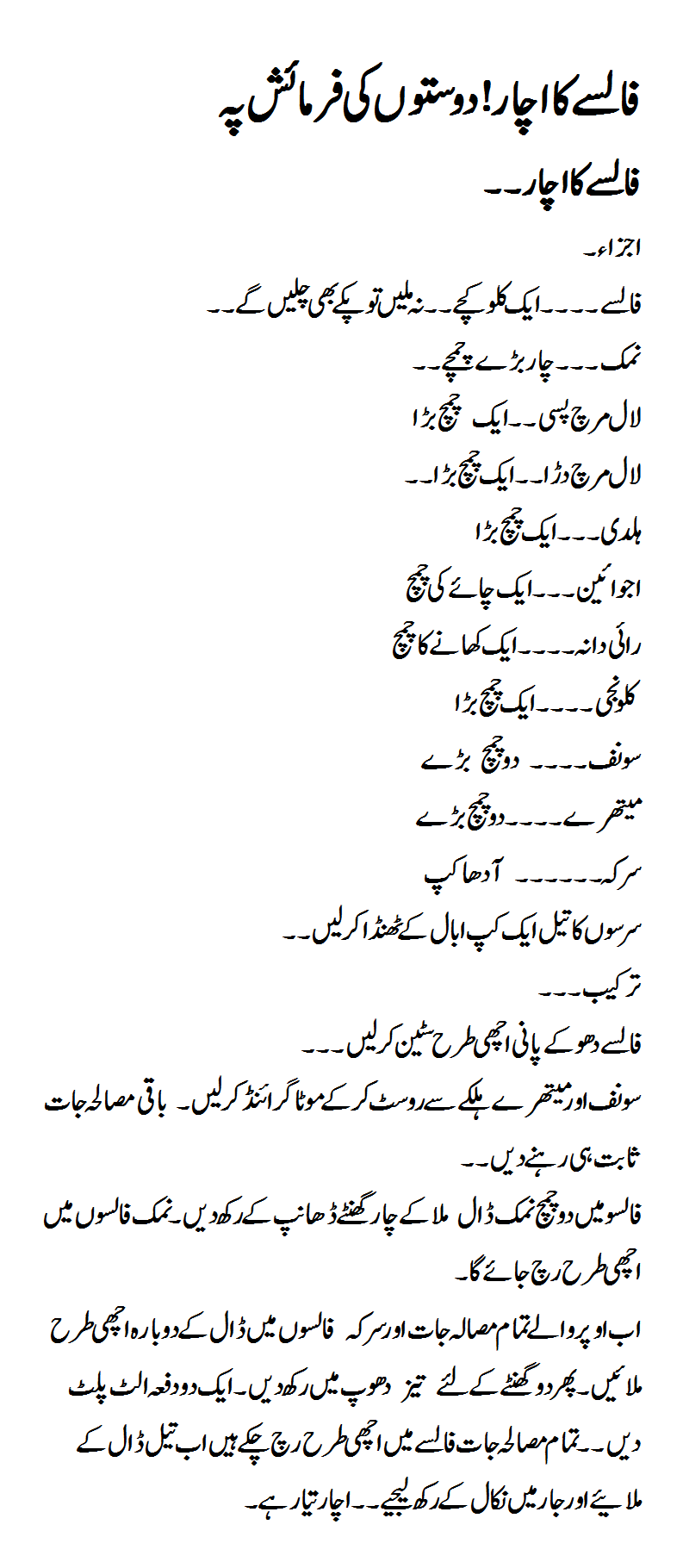HYDERABAD: When summer starts singeing this part of the world, you need to hydrate, eat right kinds of foods, and stay out of the sun to avoid heat/sun stroke, which can be deadly. You can also boost your body’s ability to fight heat by consuming phalsa, a small berry-like summer fruit of the tree or shrub Grewia asiatica. Its health benefits go beyond just keeping you cool when the mercury is rising like there’s no next summer.
People either eat handfuls of these small berries or drink their cold sherbet or squash to stay safe from the possible adverse effects of sweltering heat. During a typical summer, temperatures in rural and urban parts of Sindh usually range between a scorching 42–48 Celsius, adding to the demand of the fruit.
Dark purple when ripe, phalsa, or Pharwa in Sindhi language, with its peculiar sweet and sour (acidic) taste and medicinal value has gained popularity in the local markets as well as streets, where vendors sell it for Rs300–400 per kg.
The producers believe that the demand of this product has increased by two or even threefold, but the supply chain is improper to address the demand. That’s why people are ready to pay more to buy this seasonal treat.
Phalsa starts coming in the local market at the end of April or early May and continues till the month of June, depending on its production, varieties and orchard maintenance.
“It is a sweet (seasonal) gift of nature and lasts for a short time. The hike in its price is demand-driven and not a result of any manipulation from our side,” street vendors said while justifying the sudden rise in prices.
The producers, who usually spare little chunks of their family lands to produce phalsa, say many growers have almost cleared phalsa orchards and replaced these shrubs with other fruit trees, while some are cultivating other crops, mainly because of market’s ups and downs.
